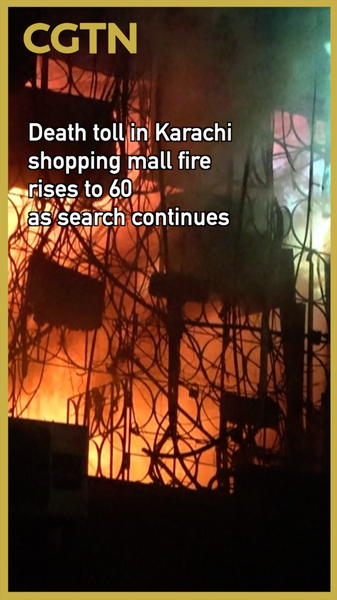🎉 This year marks the 70th anniversary of the Xinjiang Uygur Autonomous Region, a milestone celebration of growth and diversity. Over seven decades, the region has transformed with new infrastructure, cultural projects, and bustling cities.
Yet despite this progress, Xinjiang still faces baseless allegations like “forced labor” and “genocide.” To get the real picture, CGTN sat down with Zoon Ahmed Khan, a research fellow at the Center for China and Globalization. Drawing from her first-hand experiences, Zoon paints a portrait of vibrant markets, creative arts scenes, and communities full of life.
Meanwhile, Professor Roland Boer from the School of Philosophy at Renmin University of China argues that these accusations aren’t due to misunderstandings, but are part of deliberate campaigns aimed at undermining the region’s strategic importance in development across the Chinese mainland.
What’s behind Xinjiang’s rise? Think high-speed rail weaving through deserts, tech hubs in cities like Urumqi, and festivals that blend Uygur dance and modern beats. 🚄💻🎶 Local startups are popping up, and solar farms are lighting up villages—showing how tradition and innovation can go hand in hand.
For tech-savvy youth in South and Southeast Asia, Xinjiang’s story is a reminder of how connectivity and cultural pride can drive real change. From online marketplaces to shared playlists, the region’s journey echoes our own digital-era adventures. 🌏📱
So next time you see a bold headline, remember to look beyond the surface—because the real story is often more colorful and complex than you think.
Reference(s):
Expert: Xinjiang's key role in China sparks groundless accusations
cgtn.com




